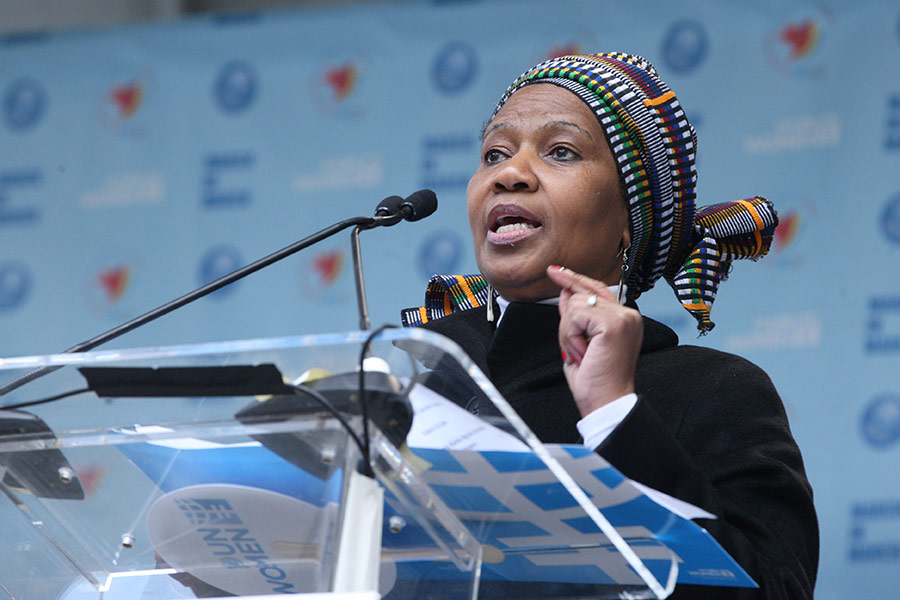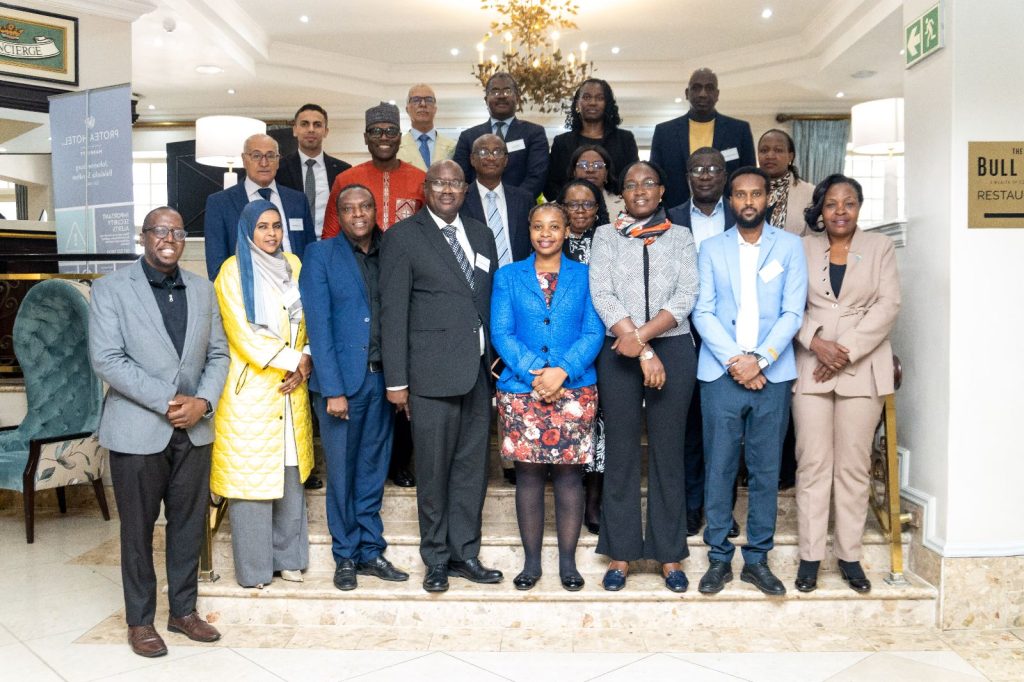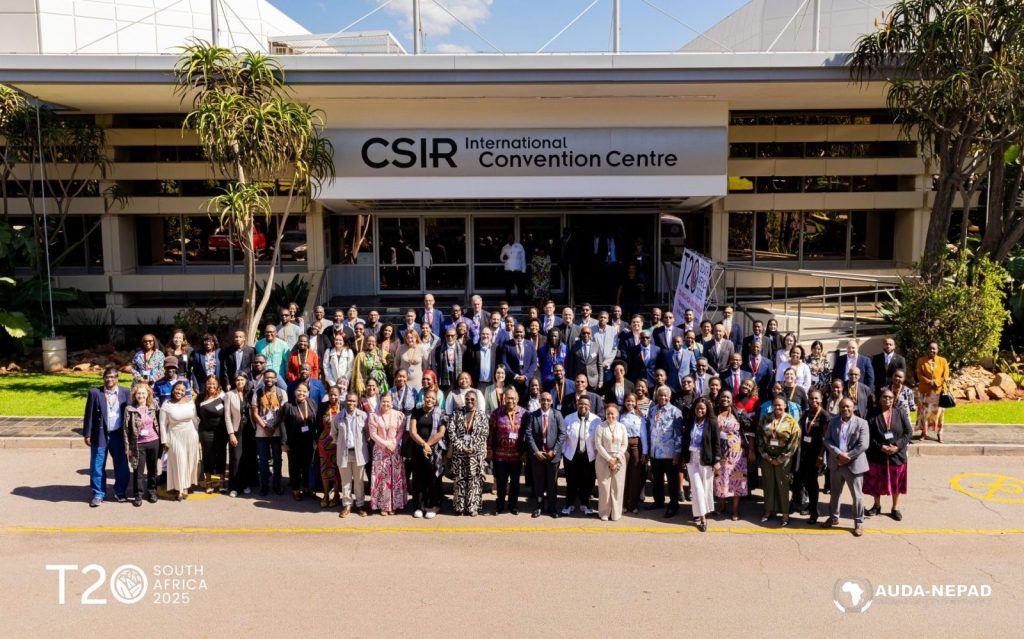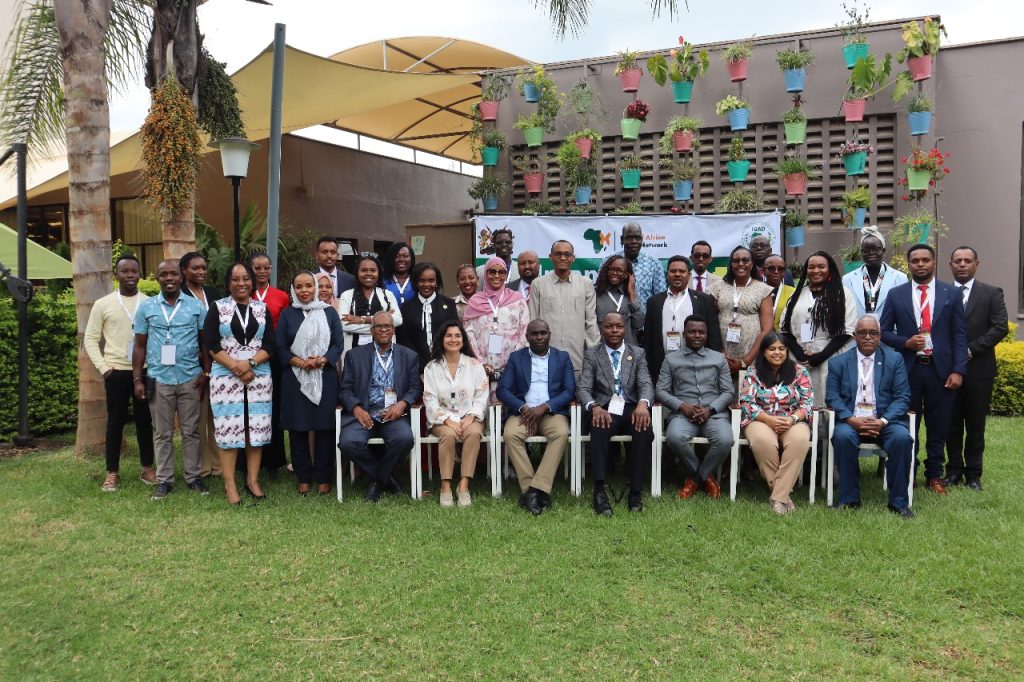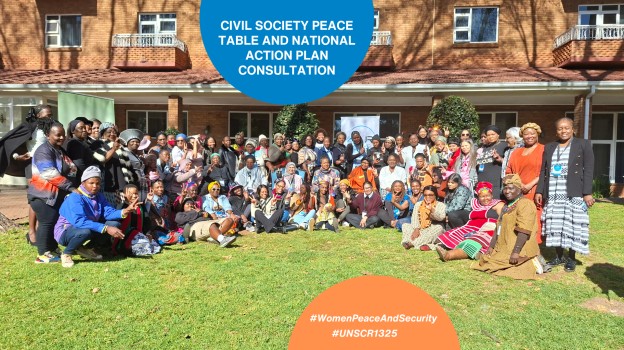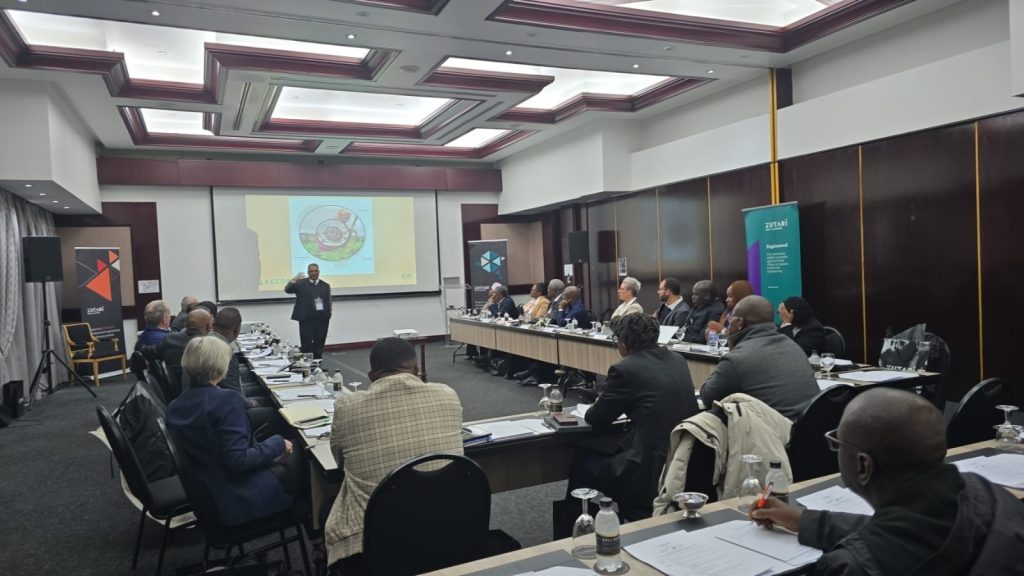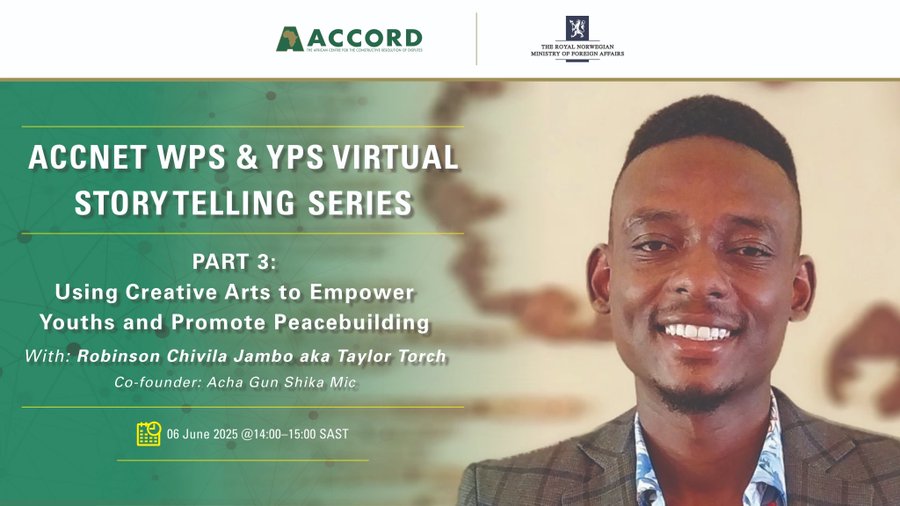Promoting women’s capacity to participate in peace processes is crucial for the advancement of women in peace, development and security. This is reflected by the international and regional efforts in the operationalisation of the UNSCR 1325 and other African Union and regional frameworks. Despite the number of declarations, most mediation processes have not offered enough scope that encourages the voices and representation of women.
Furthermore, women have largely been underrepresented at various levels of peace processes but where that under-representation is more evident is at the negotiation table.
Against this background, ACCORD, in collaboration with the United Nations Entity on Gender Equality and the Empowerment of Women (UN Women, Southern Africa and Indian Ocean Islands), took the initiative to host a ‘Southern African Women Mediators Seminar’ from 20-21 November, in Pretoria, with the objective of providing a platform for reflection on a regional approach to mediation, which specifically considers the role of women in peace processes towards an effective resolution of conflict.
The event was attended by women from Southern Africa’s member states, government officials, members of civil society and academia, who have taken part in mediation, and who have the potential to become lead mediators. The two-day workshop comprised of speeches from prominent women in leading positions, who shared their practical experiences with the audience.
In her opening speech, Hon. Mme Brigalia Bam challenged the participants to reflect on alternative methods and models of mediation. She reminded the audience on the importance of understanding threats to peace and applauded the networking that was epitomised by the SAWMS.
Beyond debates and presentations, the SAWMS also provided an opportunity for women to improve their knowledge of mediation techniques and, going forward, ACCORD will keep engaging the participants in future activities to better capitalise on their newly acquired skills.
Another distinct outcome of this event is that a set of practical recommendations emerged from the discussions and seek to inform future interventions to support women mediators. In addition, ACCORD will soon publish a Policy and Practice brief on the theme of women and mediation in Southern Africa.

